Starting the day with health news , readers can also read more articles: 4 foot abnormalities that warn of a silently progressing disease; Jujube is nutritious, but how much should the elderly and those with underlying diseases eat?...
Discovered unique dish helps the elderly avoid heart disease, stroke, diabetes
Researchers from the Department of Nutrition, University of Minneapolis (USA) evaluated the impact of increasing legumes in the diet on nutrient intake and diet quality.
The study authors used data from the US National Health and Nutrition Examination Survey over 18 years. They determined the participants' daily bean intake, which included a variety of beans such as kidney beans, black beans, chickpeas, and pinto beans.
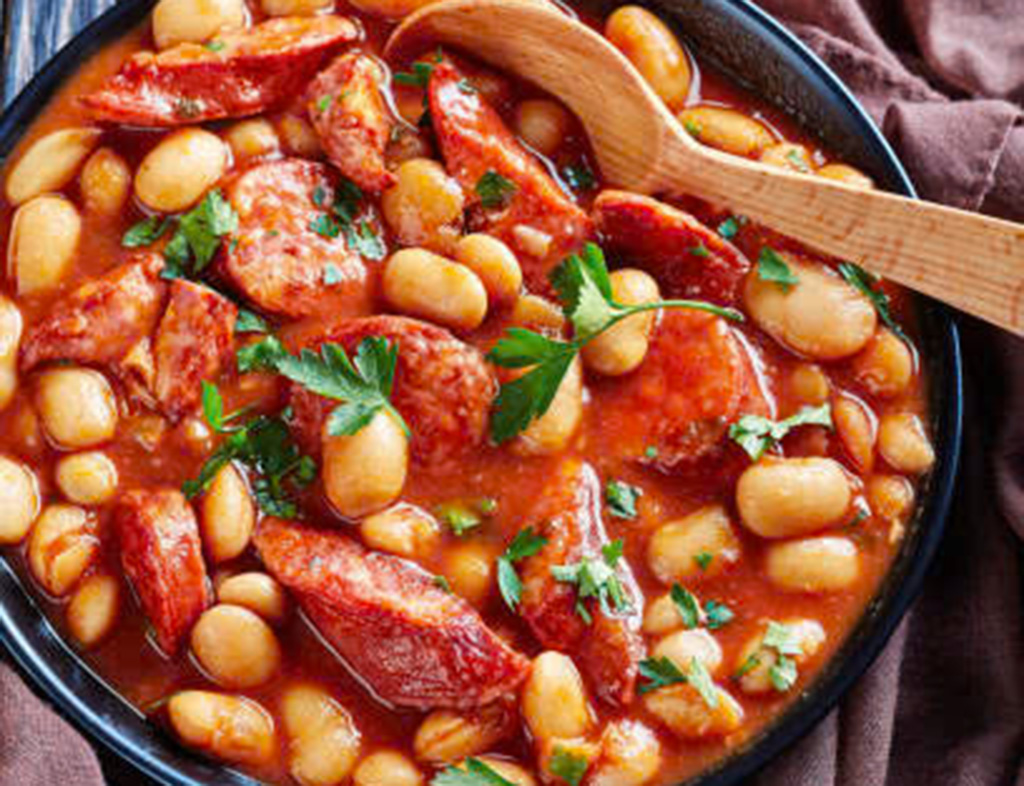
Eating 1-2 extra servings of beans per day significantly increases diet quality score
Results found that older adults who consumed more beans had significantly increased levels of several deficient nutrients, including dietary fiber, potassium, magnesium, iron, folate and choline.
Specifically, eating 1-2 more servings of beans per day significantly increases the diet quality score given by the US Department of Agriculture.
With 1 additional serving of beans increasing the diet quality score by 15% and 2 servings of beans increasing this score by 19%, compared with the usual diet.
Notably, according to research published in April and June this year, diets rich in red beans, black beans, pinto beans, and chickpeas significantly increased diet quality scores. The highest diet quality score reduced the risk of cardiovascular disease in general by up to 24%, the risk of coronary heart disease by 31%, the risk of stroke by 20%, the risk of diabetes by 23%, and the risk of cancer by 6% . Readers can read more about this article on the health page on October 15.
4 foot abnormalities warn of a silently progressing disease
In addition to their function of walking, feet also provide important information about health. In some cases, changes in the shape, color or sensation of the feet are warning signs of underlying disease.
For many health problems, foot abnormalities are an early warning sign. They can be benign and easily treated, but they can also be chronic conditions that require long-term care and treatment.
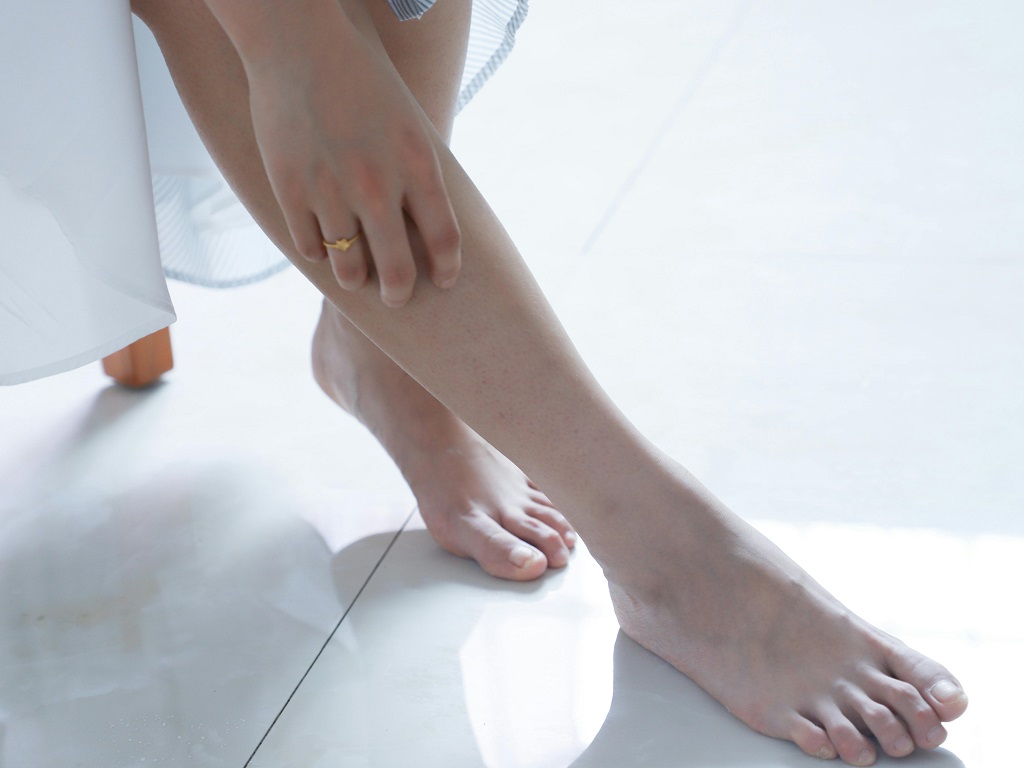
Constantly cold feet can be a sign of poor circulation.
Abnormalities in the feet that warn the body may be sick include:
Cold feet. Feet that are consistently cold to the touch can be a sign of poor circulation. Poor circulation can be caused by heart disease or peripheral artery disease (PAD).
Peripheral artery disease occurs when plaque builds up in the walls of arteries, restricting blood flow, especially in the feet. This condition is accompanied by other unpleasant symptoms such as cramps or numbness. People with this condition should see a doctor as soon as possible because it can lead to a heart attack.
Foot pain. Persistent pain in the joints of the feet can be a sign of gout and many other types of arthritis. Gout is caused by high levels of uric acid in the blood, leading to a buildup of crystals in the joints. The result is inflammation and severe pain in the joints, including the joints of the feet. The pain often starts in the big toe joint. The next content of this article will be on the health page on October 15 .
Jujube is nutritious, but how much should the elderly and people with underlying diseases eat?
Recently, instant products made from jujube have become popular in the Vietnamese market. However, jujube also has side effects if consumed in excess, which is dangerous for the elderly and people with underlying diseases.
Jujubes are low in calories but rich in fiber, vitamins, and minerals; they help slow down the body's oxidation process. About 3 fresh jujubes (100 grams) contain 10 grams of fiber and up to 77% of the daily value of vitamin C for adults. Jujubes also contain a large amount of potassium, which plays an important role in muscle control and electrolyte balance.
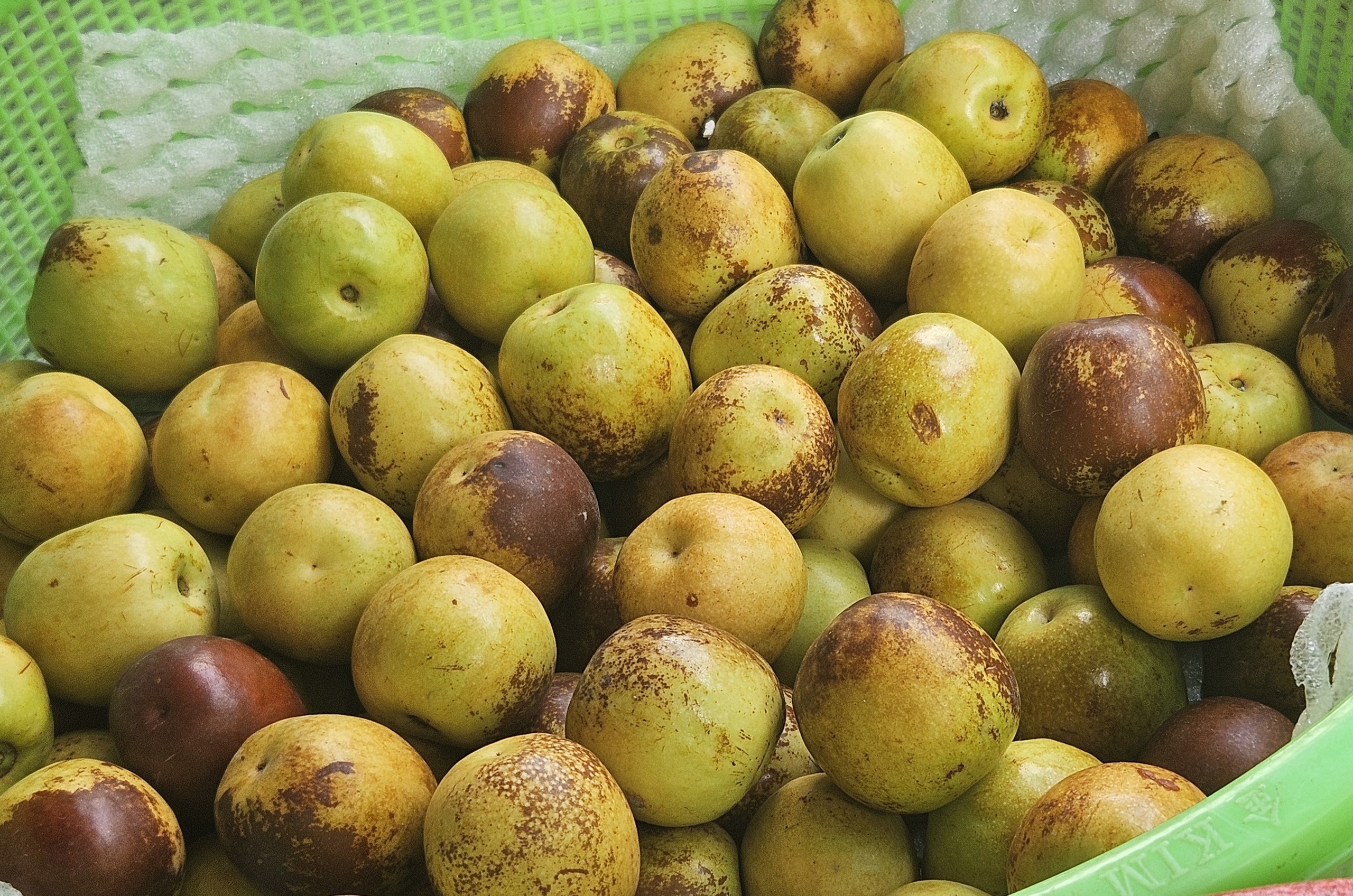
Fresh jujube is very good for health but you need to pay attention to the dosage when eating.
In traditional medicine, jujube is also known as big jujube, considered a popular medicinal herb with many good uses, helping to strengthen the spleen, benefit qi, improve the digestive system and increase blood circulation. In particular, jujube has the ability to support the elderly in regulating the function of the spleen and stomach and nourishing blood, helping to reduce symptoms of weakness and fatigue.
However, these uses have caused many people to eat jujubes without control, causing negative effects on health, especially in the long term if eaten in excess.
Pharmacist Ngo Thi Ngoc Trung, University of Medicine and Pharmacy Hospital, Ho Chi Minh City, said that jujubes (especially dried jujubes) contain a fairly high amount of sugar. If consumed excessively, especially by the elderly, it can cause weight gain, indigestion and affect blood sugar. If the dosage is not controlled in time, it can lead to many diseases such as blood fat, diabetes, high blood pressure, cardiovascular disease, etc.
Therefore, the elderly should only use about 10-20 grams/day (3-5 dried jujubes), adults in general should only consume less than 50 grams/day. Using jujubes in this dosage ensures providing enough necessary nutrients without causing health problems.
According to Dr. Bui Pham Minh Man, University of Medicine and Pharmacy Hospital, Ho Chi Minh City, people with diabetes should be very careful when using jujube. They need to reduce the dosage to the lowest possible (1-2 fruits per day) and should use it in combination with other foods with a low glycemic index, or with a doctor's instructions to better control blood sugar levels. Let's start the day with health news to see more content of this article!
Source: https://thanhnien.vn/ngay-moi-voi-tin-tuc-suc-khoe-mon-an-quen-thuoc-giup-giam-nguy-co-dot-quy-185241014193844356.htm



![[Photo] General Secretary To Lam receives Japanese Ambassador to Vietnam Ito Naoki](https://vstatic.vietnam.vn/vietnam/resource/IMAGE/2025/4/3/3a5d233bc09d4928ac9bfed97674be98)

![[Photo] Moment of love: Myanmar people are moved to thank Vietnamese soldiers](https://vstatic.vietnam.vn/vietnam/resource/IMAGE/2025/4/3/9b2e07196eb14aa5aacb1bc9e067ae6f)
![[Photo] Special relics at the Vietnam Military History Museum associated with the heroic April 30th](https://vstatic.vietnam.vn/vietnam/resource/IMAGE/2025/4/3/a49d65b17b804e398de42bc2caba8368)










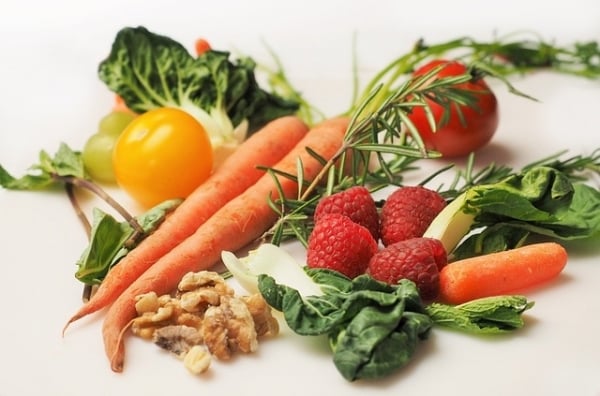


![[Video] Hanoi strengthens food safety control at schools, tightens handling of violations](https://vstatic.vietnam.vn/vietnam/resource/IMAGE/2025/4/3/c9a2202768fb4d6dbd70deaf3f28979f)
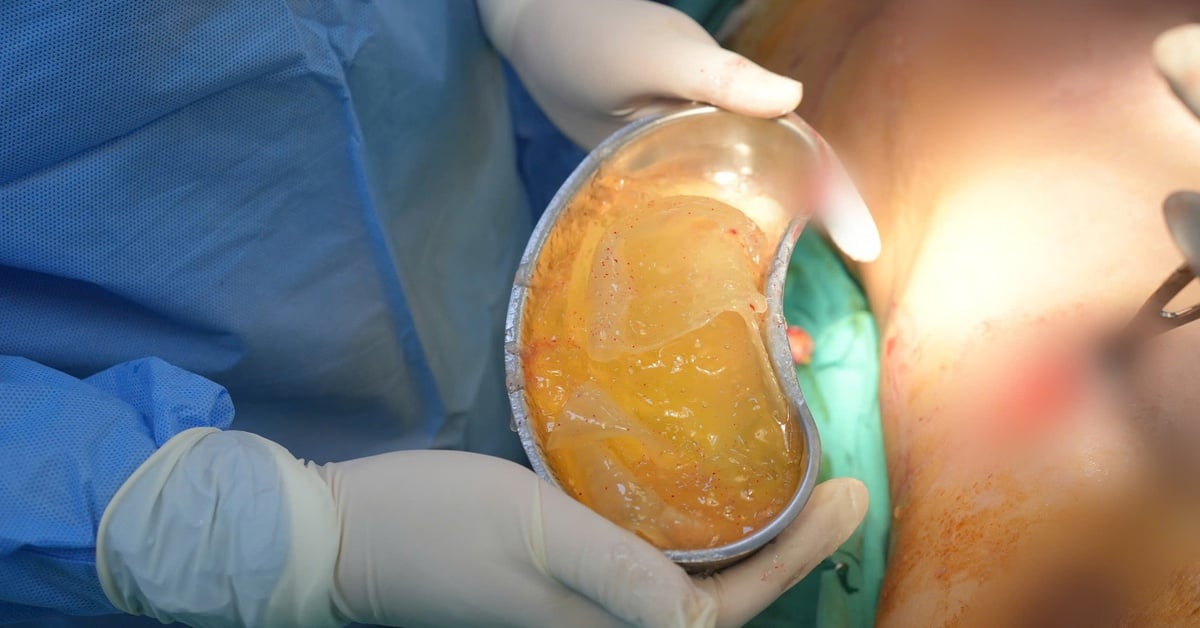





































































Comment (0)